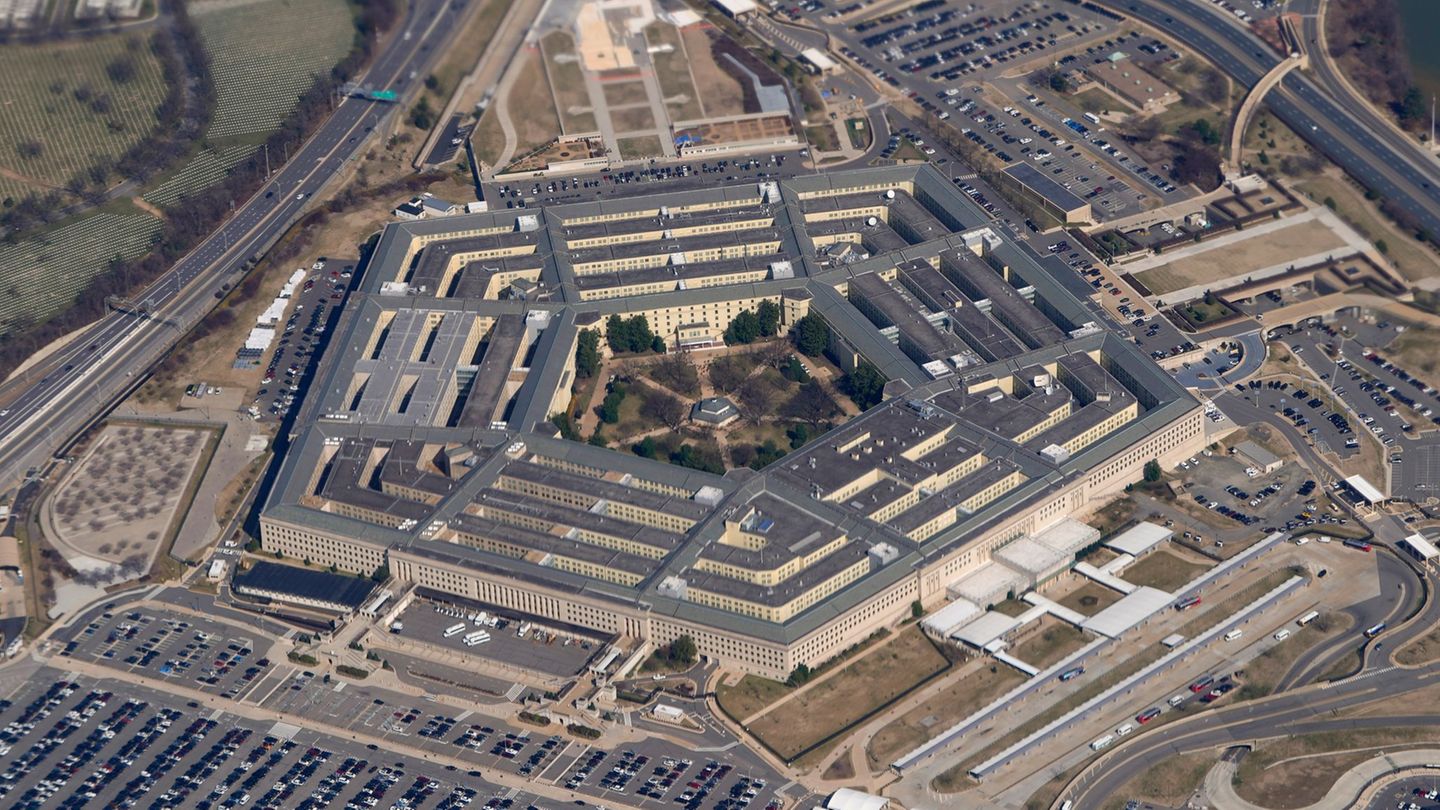football
Organization: World Cup 2034 glosses over human rights violations
On Wednesday, Saudi Arabia will be awarded the contract to host the 2034 World Cup. Human rights organizations warn of a high risk.
The human rights organization ALQST warns that the 2034 World Cup in Saudi Arabia could be misused to cover up rights violations. The impact of the tournament could be enormous and “serve to whitewash the human rights violations committed by the Saudi Arabian authorities,” the organization told the German Press Agency. ALQST is committed to bringing about change in the country.
Saudi Arabia will be awarded the contract to host the world event on Wednesday (from 3 p.m.) at an extraordinary congress of the world association FIFA, with the vote of the German Football Association. There is only one applicant, FIFA President Gianni Infantino is a big supporter. Various human rights organizations have been pointing out human rights violations in Saudi Arabia for months.
Too high a risk for hosting a World Cup
“Saudi Arabia and its young, football-loving population deserve no less than any other country to host such an event,” said ALQST. “The problem is that given the widespread rights violations in the country – which the application does not adequately address – the risks are simply too high.”
Without appropriate and comprehensive reforms, foreign visitors would be confronted with great uncertainty in ten years, also with regard to “discriminatory laws and strict restrictions on fundamental freedoms,” said the organization working from Great Britain. On Monday, ALQST released a report that said 2024 would see the highest number of executions ever recorded in Saudi Arabia.
When assessing the application, FIFA certified the country as having a “medium risk” in terms of human rights issues. The organizing committee promises far-reaching reforms. The country’s de facto ruler, Mohammed bin Salman, has pushed for social opening since his appointment as crown prince in 2017 and also made the country more accessible to tourists. At the same time, the suppression of critical voices and the persecution of women’s rights activists, for example, have increased in the country.
dpa
Source: Stern
I am Pierce Boyd, a driven and ambitious professional working in the news industry. I have been writing for 24 Hours Worlds for over five years, specializing in sports section coverage. During my tenure at the publication, I have built an impressive portfolio of articles that has earned me a reputation as an experienced journalist and content creator.




